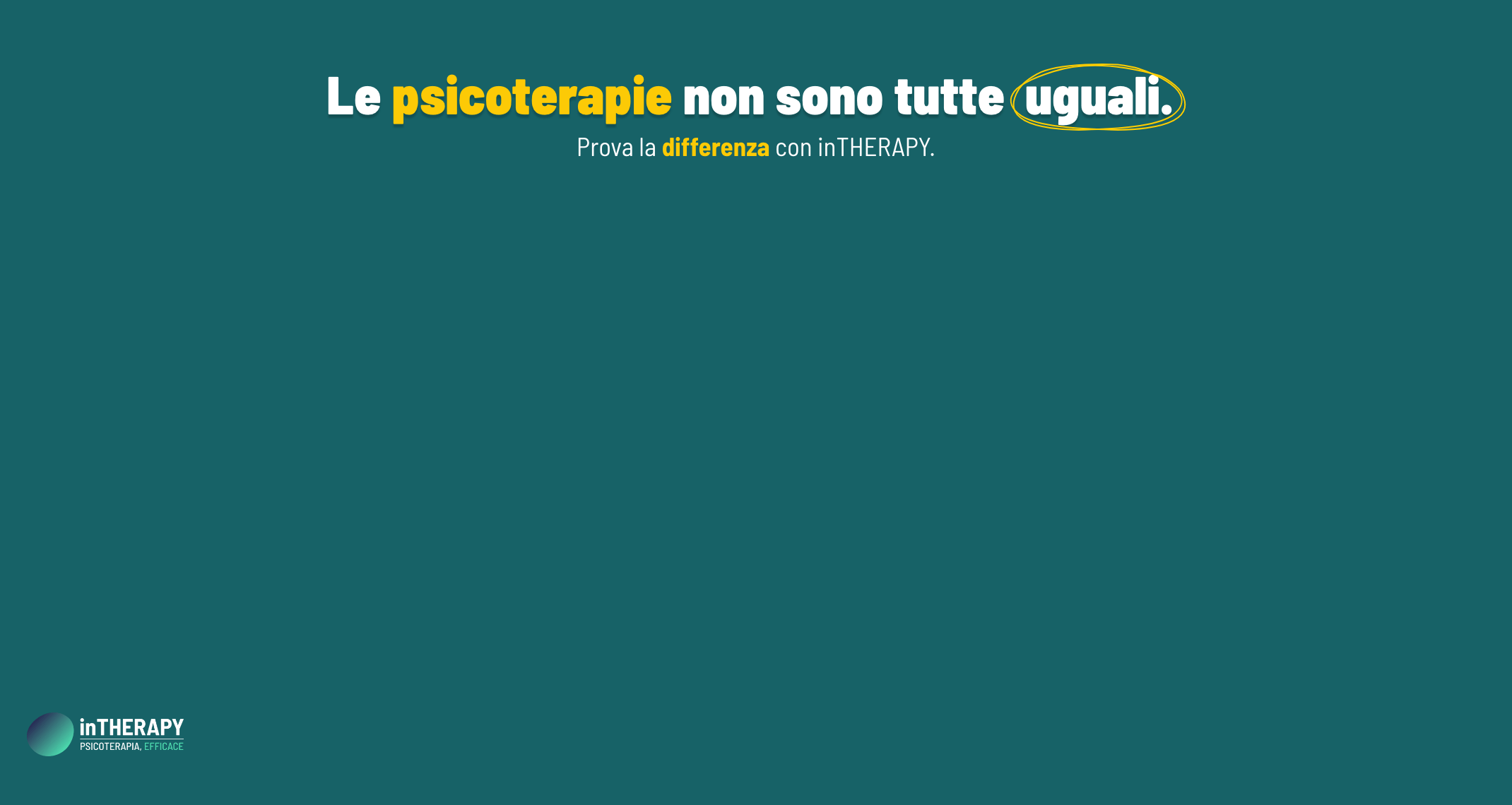Parents’ Words and Anxiety Disorders – Part 8 – The effectiveness of video-feedback therapy

As adopted children grow into adolescence, they are at a higher risk for developing behavioral and psychiatric problems (Verhulst, Althaus & Versluis-den Beiman, 1990). Increasing maternal sensitivity to their children’s distorted signals has been investigated for possible benefits for adopted children’s behavior.

In a study investigating the effect of video feedback on mother-infant interaction, Juffer, Hoksbergen, Riksen-Walraven and Kohnstamm (1997) aimed to increase maternal sensitivity during interactions with their adopted children. Three groups of mothers of adopted children (assessed at age five, six, nine and 12 months of age) were examined longitudinally: two groups were provided treatment and one control group was not (n = 30 in each). The first treatment group received a personal book (which promoted positive parenting), and the second treatment group received the personal book and three sessions of video feedback based on a series of free play interactions between the mothers and their children which occurred when the child was six and nine months of age. The three sessions of video feedback were characterized by the interveners showing the mothers the videos of the mother-child interactions and providing positive reinforcement when the mothers provided sensitive comments and responses to their children. The results at six months demonstrated that there was no significant difference between groups on ratings of maternal sensitivity or cooperation and infant exploration, at 12 months, mothers who were provided with the personal book as well as the three sessions of video feedback showed significantly more improvement in maternal sensitivity and infant competence than both the control group and the group who just received the personal book.
Within this study, mothers who struggled to accurately perceive their children’s signals heightened their sensitivity to their children’s behavior. Additionally, infants’ responded to their mothers’ heightened sensitivity by showing heightened competence themselves. Finally, the personal book treatment option was unable to alter maternal sensitivity to their children.
It could be argued that this is because the personal book treatment did not provide mothers with insight into their own behavior, and did not provided support. These results demonstrate the ability of video feedback to heighten maternal sensitivity within the context of adoption. More recent research has examined the effect of video feedback on mothers with psychopathology. In the second installment of this sub-series I will be exploring the effectiveness of video-feedback on parent-child relationships in the context of psychopathology.
BIBLIOGRAPHY:
- Juffer, F., & van IJendoorn, M. H. (2005). Behavior problems and mental health referrals of international adopties: A meta-analysis. Journal of the American Medical Association, 293, 2501 – 2515.
- Juffer, F., Hoksbergen, R. A.C., Riksen-Walraven, J. M., & Kohnstamm, G. A. (1997). Early intervention in adoptive families: Supporting maternal sensitive responsiveness, infant-mother attachment, and infant competence. Journal of Child Psychology and Psychiatry, 38, 8, 1039 – 1050.
- Verhulst, F. C., Althaus, M., & Versluis-den Beiman, H. J. (1990). Problem behaviour in international adoptees. I. An Epidemiological Study. Journal of the American Academy of Child and Adolescent Psychiatry, 29, 94 – 103.
READ THE OTHER ARTICLES OF THE SERIES: PARENTS’ WORDS AND ANXIETY DISORDERS
Have you found a problem with the site? Leave us your feedback!


